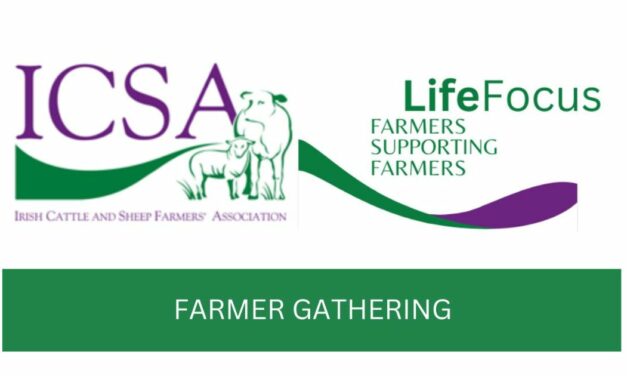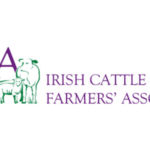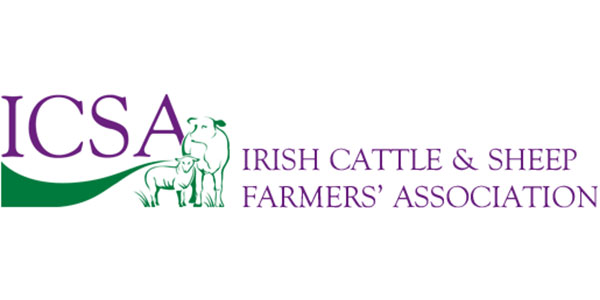29th July 2014
*Article first published in The Irish Examiner of July 28th 2014
So 2014 is the UN International Year of Family Farming. Meaning what, exactly? On the UN Food and Agriculture Organisation website dedicated to the topic, there’s a photo competition where you can vote for your favourite family farming photograph. The images portray an image of happy families working in scenic landscapes where the weather is always pleasant.
But what about the real picture? The low incomes, the unpaid family labourers, the farm fatalities involving family members – there’s no place for these realities on this pin-board of positivity. Minister Coveney recently noted that it is estimated that on 75% of farms, either the farmer and/or spouse has another source of off-farm income, be it from employment, pensions or other social welfare payments. The Teagasc National Farm Survey figures for 2013 explain why. Suckler, sheep and beef incomes on family farms average €9-11,000; less than the dole in many cases. Meanwhile, even in an economy beset by six years of austerity, average earnings in the wider workplace are around €36,000 per annum. (CSO; Q1 2014)
The family may own the farm, but the farm cannot sustain the family.
Farm accidents and fatalities are the dark side of family farming – the death of the farmer can have a devastating effect on farm income, with those left behind perhaps having to choose between maintaining an ailing enterprise or selling their family home.
Maybe we’re painting a bleak picture here, but it’s closer to reality than the softly-filtered, staged images on the FAO website. The family farm is an enterprise worth maintaining, but how are photo competitions, conferences and awards going to do this?
Of course, Government and EU will point to the level of financial subsidy available through the CAP. For sure, €1.2 billion in annual Single Farm Payments and a rural development package worth some €313 million per annum from Brussels along with a further 46% of exchequer funding are not to be sneezed at.
Nonetheless, there is an uneasy feeling that EU policy makers maintain a CAP which supports the big operations more than the family farm. This was reflected in the opposition at EU level to curbing payments to the biggest farms. In the end, we have a maximum payment of some €200,000 but many farms have to survive on €5,000 in CAP payments. These are typically the farms which grew to depend on REPS payments which often doubled their total support package. Now that’s gone and the new GLAS package is not a realistic replacement.
The problem is that nobody seems willing or able to deal with the key problem which is that greedy retailers have gradually eroded a sustainable price for basic farm products such as meat, dairy and veg. Farmers feel that meat processors for example have actively coalesced with this process in using every opportunity to drive down farmgate price. Meanwhile farmers are told to get more efficient as if they are solely to blame.
The problem is that the more farms get bigger and the more efficient farmers become the more the goalposts move. Scale and efficiency hasn’t protected US farmers from the problems faced by the smaller scale EU family farm. In fact, the US ranches are even more prone to going bust, and when it happens the losses are more spectacular.
Perhaps we can’t swim against the tide but the family farm needs to feel that Government and EU are on their side at least. Without going into detail on all the issues, it’s reasonable to think the powerful decision makers need to use their influence to support the family farm rather than allowing the Single European Market to work for big business only.
In practice, that means ensuring that live exports of store cattle to Northern Ireland, the UK, Europe or further afield are not hindered in any way. It means having transparency over the share of profits from farm products. It means fair prices to family farmers to reflect the work they do. Where they go further to provide quality assurance, then they should be paid for that too.
There has been a lot of hype around fair trade coffee. It’s now time, in the year of the family farm, to ensure that there is a sense of fair play for all farm products and all farm families.
Dermot Kelleher, ICSA National Suckler Committee Chairman






